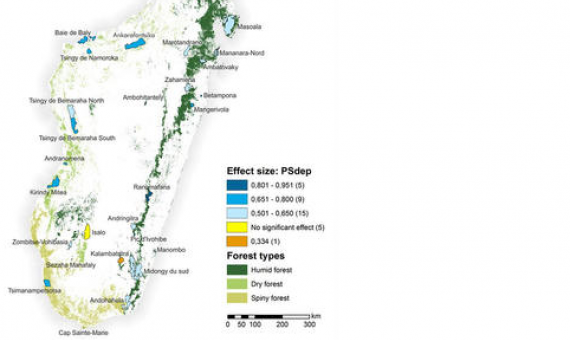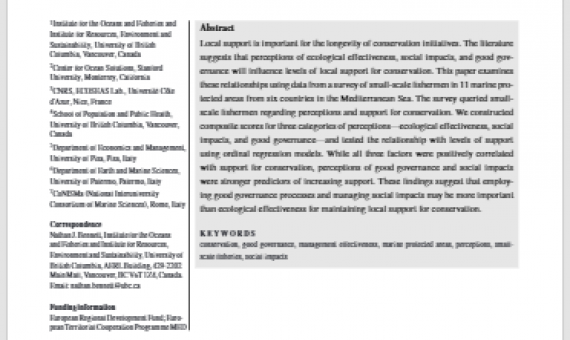In Pursuit of Knowledge: Addressing Barriers to Effective Conservation Evaluation
Evaluation, the process of assessing the effectiveness of programs and activities, has gained increasing attention in the conservation sector as programs seek to account for investments, measure their impacts, and adapt interventions to improve future outcomes. We conducted a country-wide evaluation of terrestrial-based conservation programs in Samoa. Though rarely applied, the benefit of evaluating multiple projects at once is that it highlights factors which are persistent and influential across the entire conservation sector.













